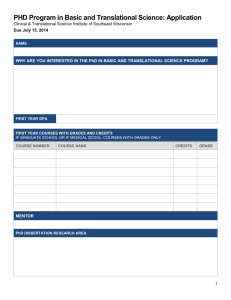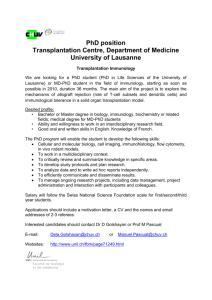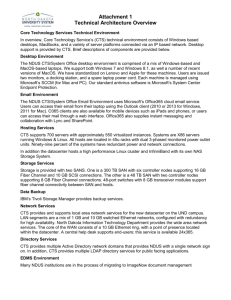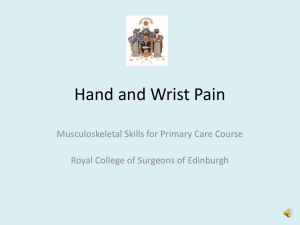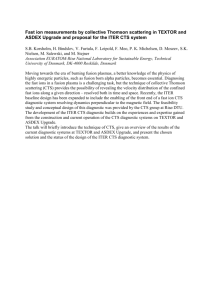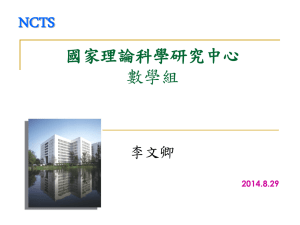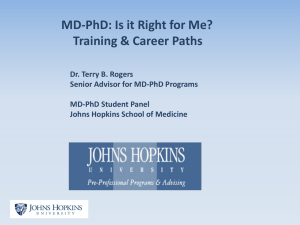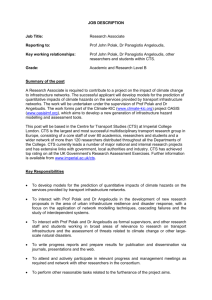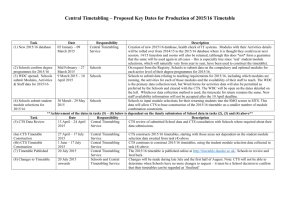Medical Doctor/Doctor of Philosophy (MD/PhD) Program As a
advertisement
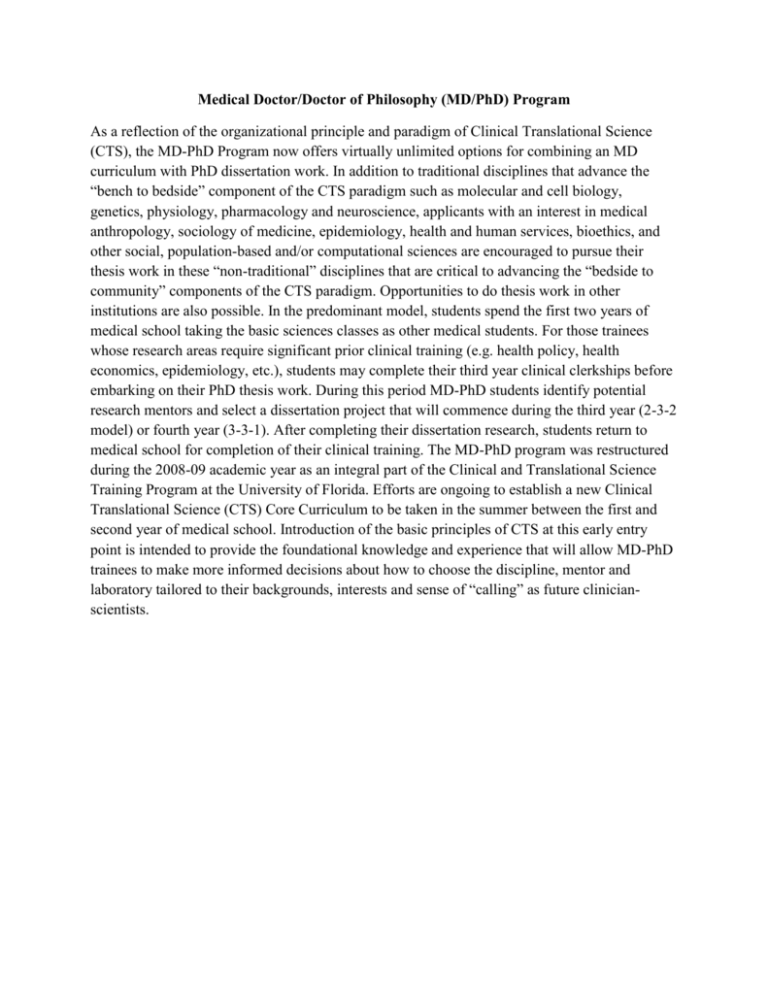
Medical Doctor/Doctor of Philosophy (MD/PhD) Program As a reflection of the organizational principle and paradigm of Clinical Translational Science (CTS), the MD-PhD Program now offers virtually unlimited options for combining an MD curriculum with PhD dissertation work. In addition to traditional disciplines that advance the “bench to bedside” component of the CTS paradigm such as molecular and cell biology, genetics, physiology, pharmacology and neuroscience, applicants with an interest in medical anthropology, sociology of medicine, epidemiology, health and human services, bioethics, and other social, population-based and/or computational sciences are encouraged to pursue their thesis work in these “non-traditional” disciplines that are critical to advancing the “bedside to community” components of the CTS paradigm. Opportunities to do thesis work in other institutions are also possible. In the predominant model, students spend the first two years of medical school taking the basic sciences classes as other medical students. For those trainees whose research areas require significant prior clinical training (e.g. health policy, health economics, epidemiology, etc.), students may complete their third year clinical clerkships before embarking on their PhD thesis work. During this period MD-PhD students identify potential research mentors and select a dissertation project that will commence during the third year (2-3-2 model) or fourth year (3-3-1). After completing their dissertation research, students return to medical school for completion of their clinical training. The MD-PhD program was restructured during the 2008-09 academic year as an integral part of the Clinical and Translational Science Training Program at the University of Florida. Efforts are ongoing to establish a new Clinical Translational Science (CTS) Core Curriculum to be taken in the summer between the first and second year of medical school. Introduction of the basic principles of CTS at this early entry point is intended to provide the foundational knowledge and experience that will allow MD-PhD trainees to make more informed decisions about how to choose the discipline, mentor and laboratory tailored to their backgrounds, interests and sense of “calling” as future clinicianscientists.
